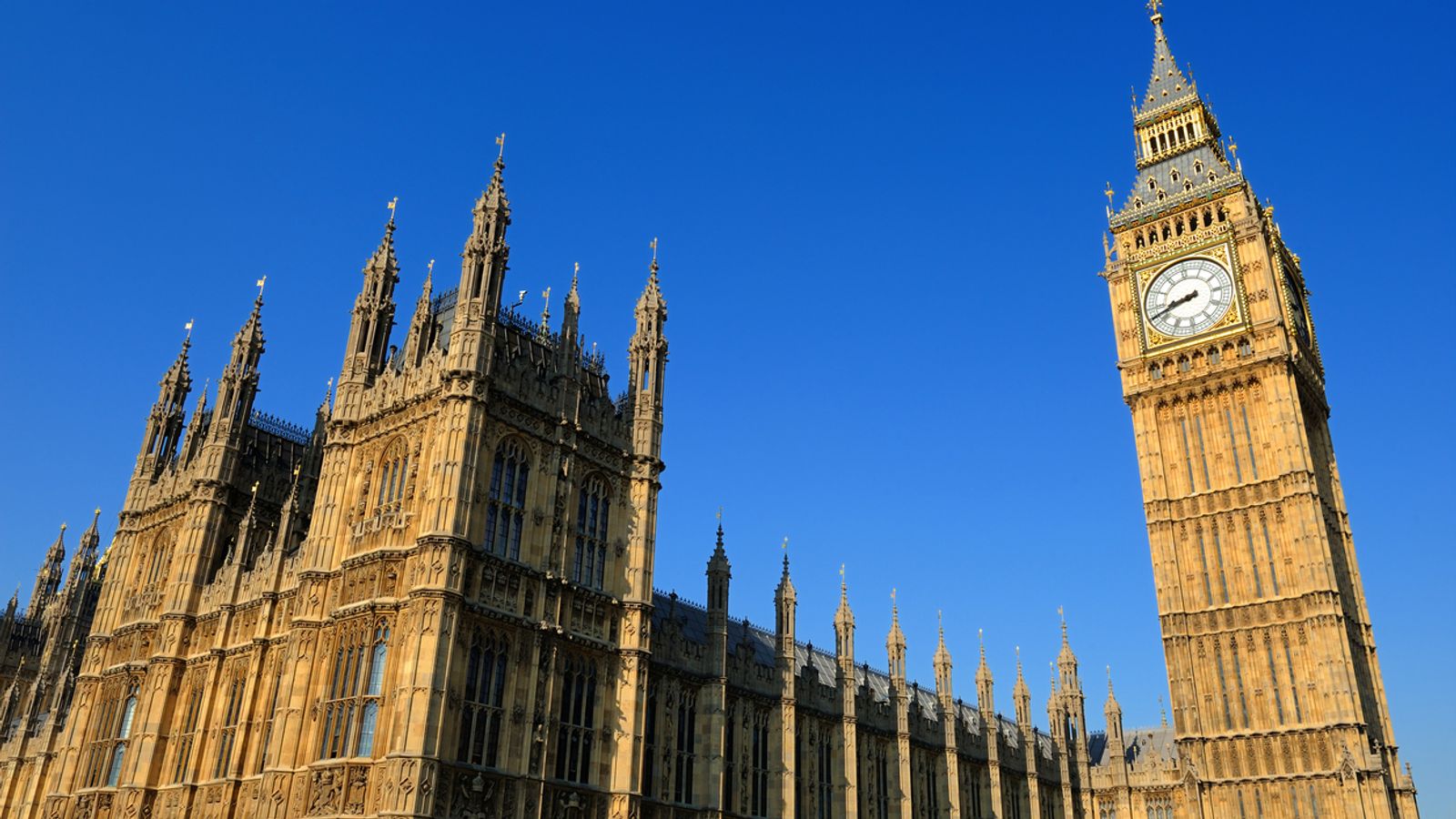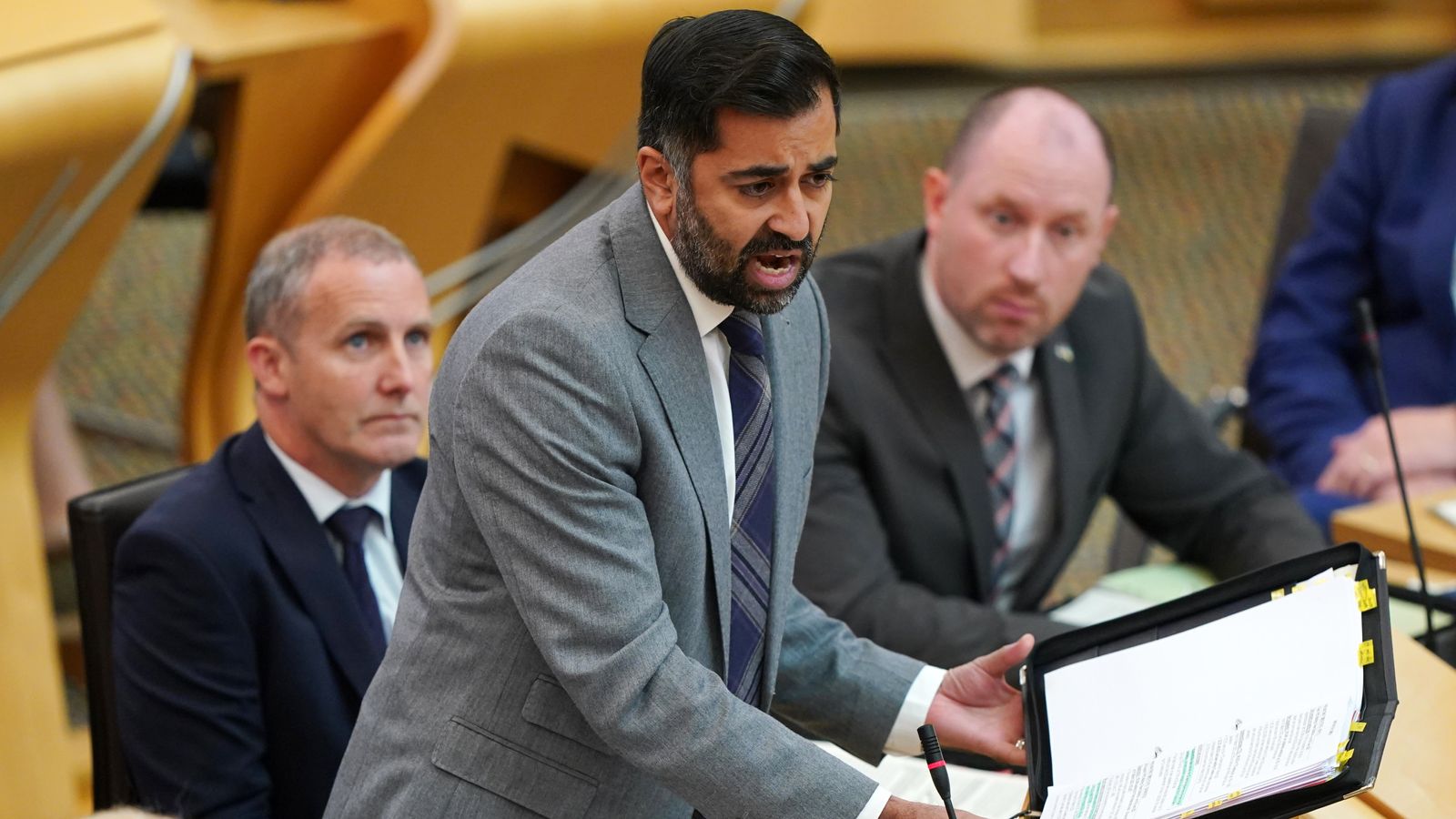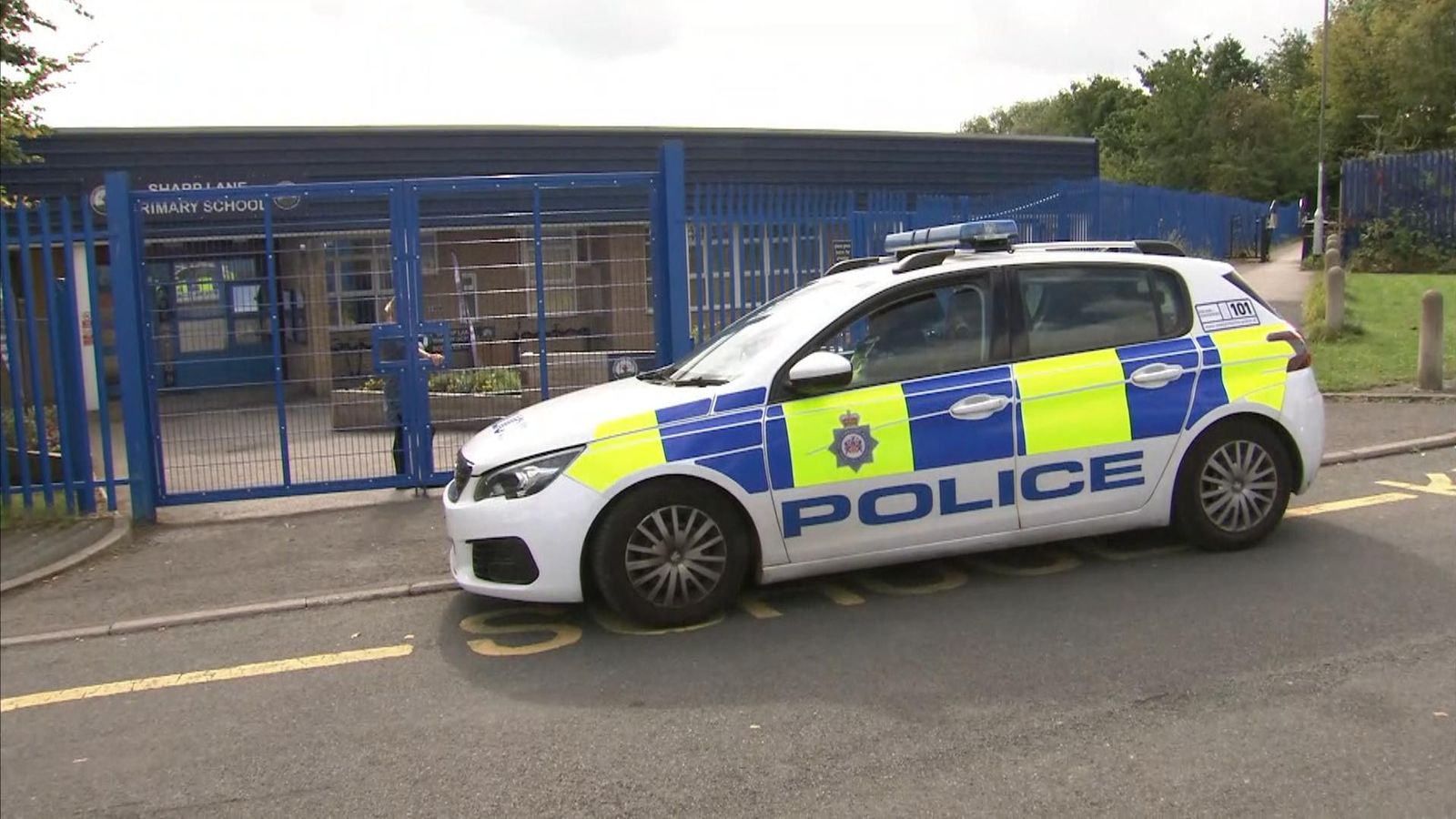The Sunak administration has acknowledged that China tried to recruit people with “sensitive knowledge” from parliament.
It was responding to a report outlining the superpower’s approach to the UK by parliament’s Intelligence and Security Committee (ISC).
The ISC published the report in July warning about China’s attempts to interfere in the UK.
But, after it responded, the government was criticised for its “glacial” development of policy towards China.
Politics latest: Keir Starmer sets out plans to tackle border crossings
Sky News Monday to Thursday at 7pm. Watch live on Sky channel 501, Freeview 233, Virgin 602, the Sky News website and app or YouTube.
There were repeated calls for the government to respond to the report, which found that China “has a high level of intent to interfere with the UK government, targeting officials and bodies at a range of levels to influence UK political thinking and decision-making relevant to China”.
This became especially pertinent following reports of an alleged Chinese spy working in Westminster.
Taiwan ‘not for sale’: Minister hits back at Elon Musk over China sovereignty comments
Conservative candidates ‘dropped after MI5 warned they could be Chinese spies’
China: Dozens of crocodiles escape farm as officials warn residents to stay indoors
The government said today that it was taking “decisive steps to stop active targeting and recruitment of British individuals with sensitive knowledge and experience, including serving and former military personnel”.
It accepted that “Chinese recruitment schemes have tried to headhunt British and allied nationals in key positions and with sensitive knowledge and experience, including from government, military, industry and wider society,” adding: “As the committee notes, there is more work to be done.”
The government said it was considering strengthening the rules – implemented by the ACOBA watchdog – which oversees the jobs former civil servant and ministers can take. Concerns have been raised about the efficacy of ACOBA as it is largely advisory and has limited enforcement powers.
The government added: “The intelligence community is acutely aware and vigilant regarding China’s targeting of current and former civil servants, and a range of mitigations are in place in order to minimise the risk.”
Be the first to get Breaking News
Install the Sky News app for free
The ISC is made up of a cross-party group of MPs, chaired by Conservative Julian Lewis. The report earlier this year found China had managed to “successfully penetrate every sector of the UK’s economy”.
Mr Lewis said today: “I welcome this substantial attempt to respond to our report. However, it is misleading repeatedly to imply – as the government does – that our findings are outdated.
“Until two months before publication, we monitored all relevant developments and noted them throughout the report. This was not difficult to do, given the glacial pace at which the government’s China policy developed.”
Mr Sunak has come under criticism from the hawkish wings of his party for rowing back on the critical stance of Beijing he took during last year’s leadership contest – labelling the superpower an “epoch-defining challenge” rather than a threat.
This perceived weakness in the government’s position was leapt upon recently following reports of spying in Westminster.
The ISC report said: “It appears that China has a high level of intent to interfere with the UK government, targeting officials and bodies at a range of levels to influence UK political thinking and decision-making relevant to China.”
It highlighted that people – including those with “Chinese heritage”, were being encouraged by the Chinese state and the Chinese Communist Party to pursue political office.
People linked to the United Front Work Department (UFWD) – part of the Chinese Communist Party – received money from “overseas sources for onward donation to political parties, prospective parliamentary candidates”.
Click to subscribe to the Sky News Daily wherever you get your podcasts
There have also been reports of the Conservative Party being told that some of its prospective candidates are Chinese spies.
The report outlined that MI5 found one Chinese intelligence officer had gained access to at least one UK parliamentarian.
It also noted that, according to the government, the Chinese intelligence services had tried to cultivate influence through a number of methods, including “co-opting academics, thinktank employees, former officials and former military figures”.












